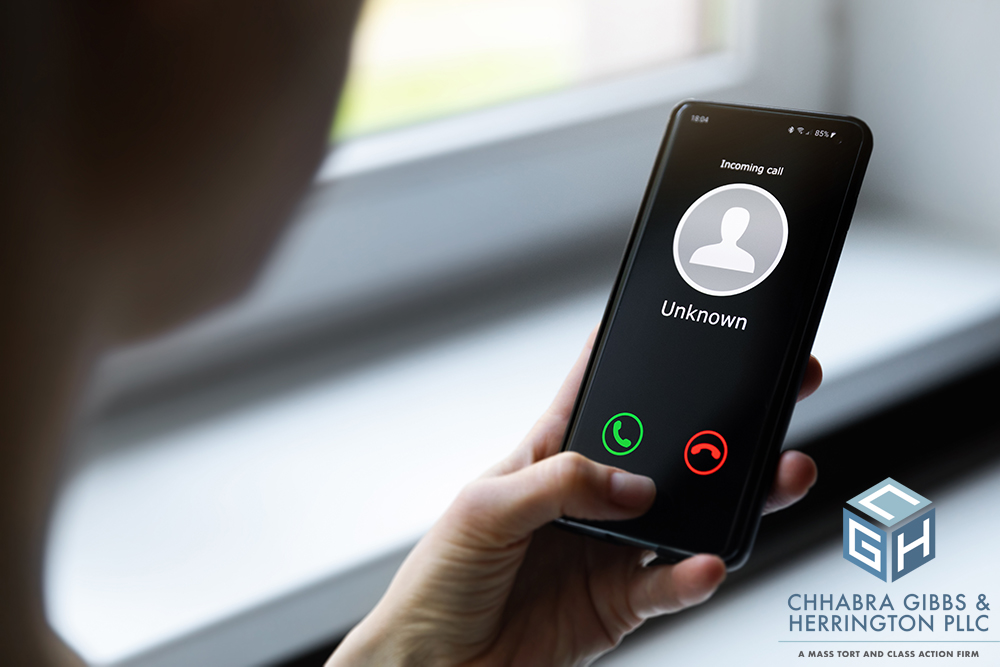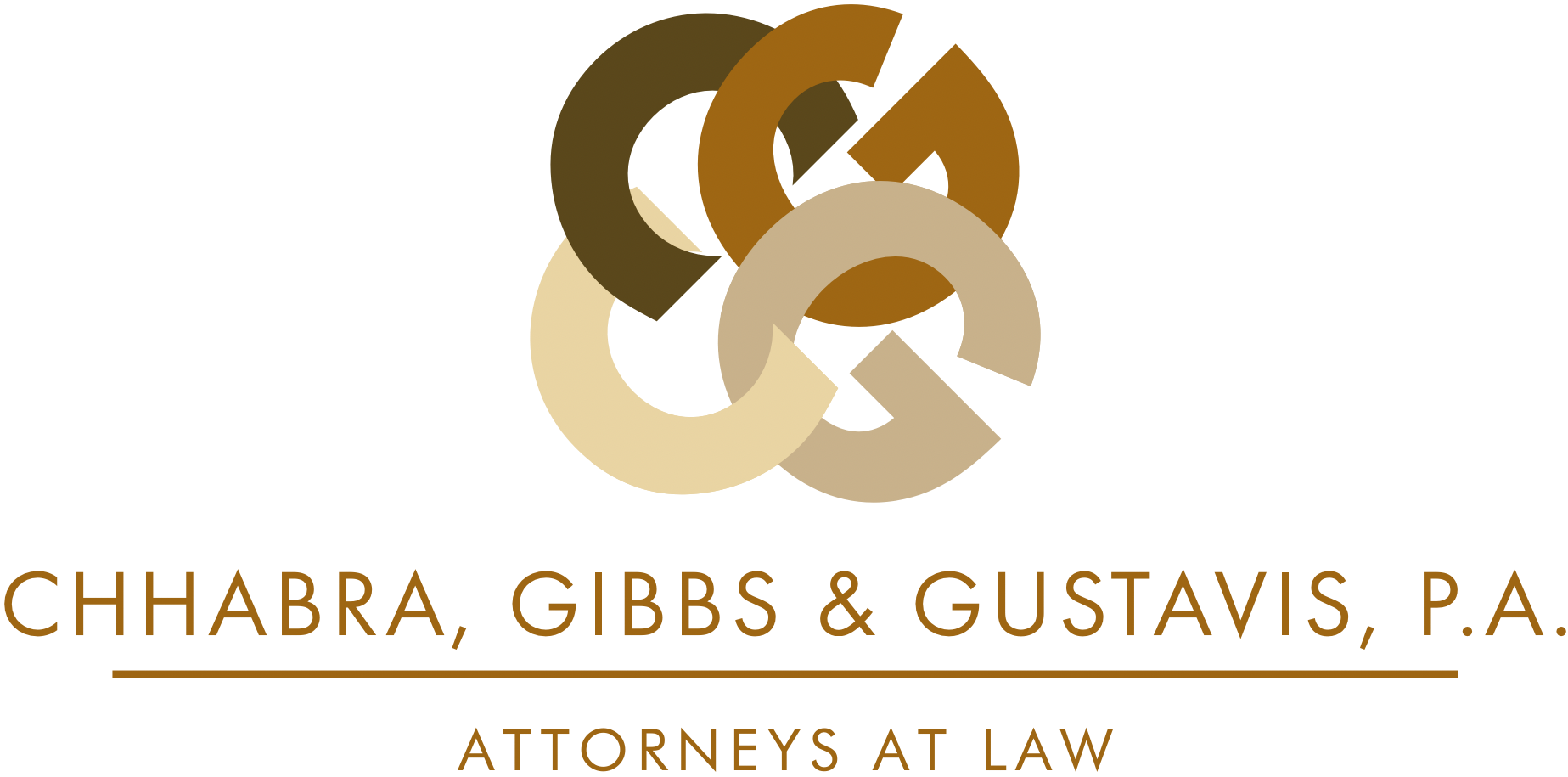Supreme Court Upholds Robo-Calls Ban

On July 6th, the United States Supreme Court upheld the provision of the Telephone Consumer Protection Act (TCPA) that gives citizens the right to stop unwanted robocalls and text messages to their cell phones. The case, which was brought forward by a group of robo-callers, challenged the constitutionality of the TCPA based on the presence of a provision added to the law in 2015 exempting calls made to collect government debt. The robo-callers argued that the exemption was a content-based restriction on speech that violated the first amendment. They also stated that as a result, the protection against unwanted robocalls to cell phones should be struck down completely. Most of the Supreme Court agreed that the exemption for calls to collect government debt was unconstitutional, but determined that it alone, not the entire protection against robocalls, needed to be struck down.
The Supreme Court recognized the importance of maintaining the TCPA’s role in protecting the United States communications customers and system from being flooded by robocalls to cell phones. Justice Kavanaugh wrote: “Americans passionately disagree about many things. But they are largely united in their disdain for robocalls”. “A robocall that says, ‘Please pay your government debt’ is legal. A robocall that says, ‘Please donate to our political campaign’ is illegal,” the newest Supreme Court justice wrote. “That is about as content-based as it gets.”
The Federal Government receives a staggering number of complaints about robocalls—3.7 million complaints in 2019 alone. The States likewise field a constant barrage of complaints. For nearly 30 years, the people’s representatives in Congress have been fighting back.
The court’s decision to sever the debt-collection carve-out, as opposed to striking down the entirety of the ban, can also serve as a hint for future decisions that challenge the constitutionality of a particular provision in a law as a means to throwing out the entire law.
The TCPA allows for harsh penalties for entities that break the robocall ban, allowing private parties to sue for up to $1,500 per violation.
If you were contacted on your cell phone by a company via an unsolicited text message (text spam) or prerecorded voice message (robo-call), you may be eligible for compensation under the Telephone Consumer Protection Act. Contact our partner firm, Chhabra Gibbs & Herrington PLLC today so we can take action.

